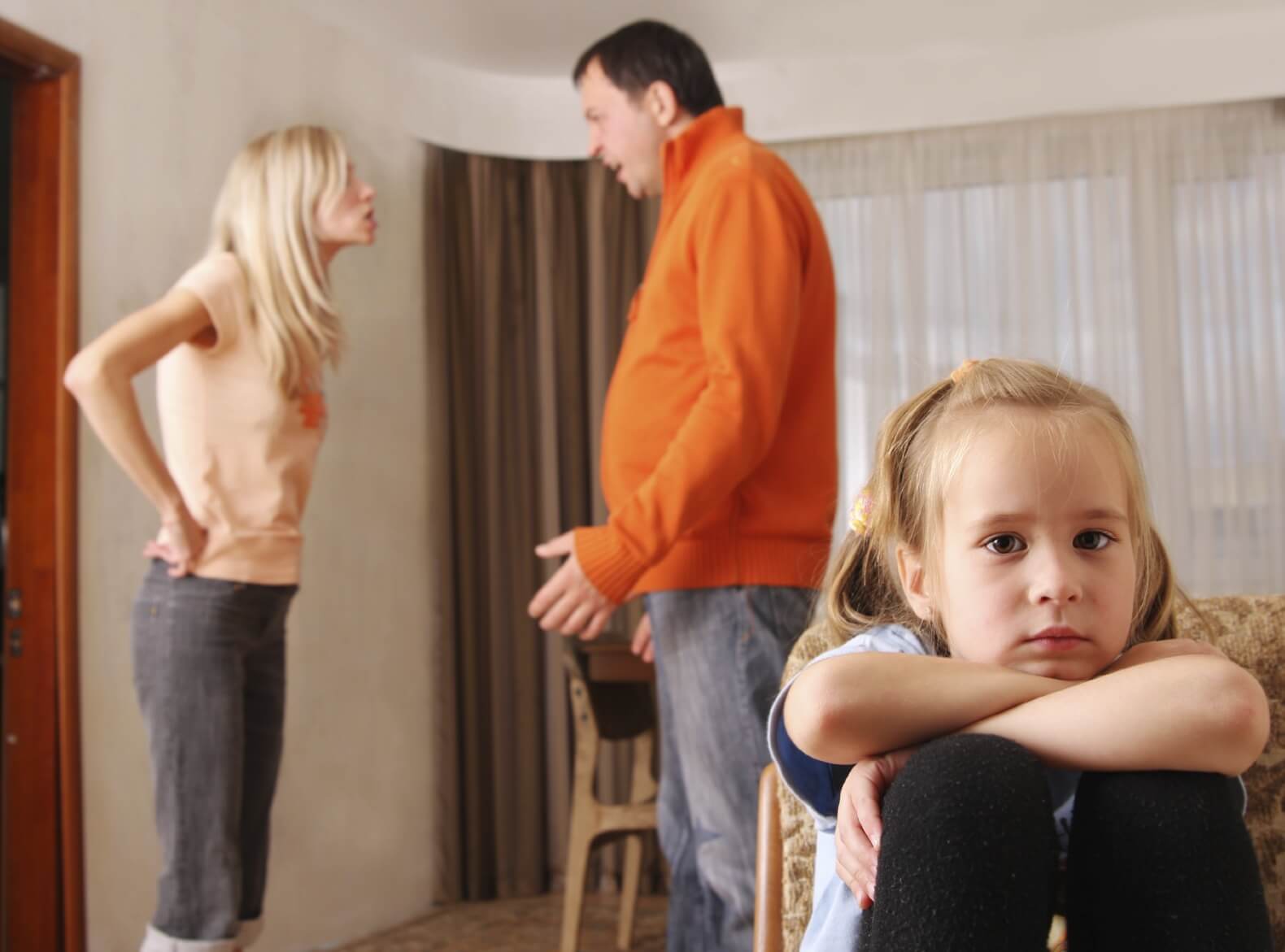
Parents fight & kids suffer during divorce
By Rosalind Sedacca, CDC
For years, as Founder of the Child-Centered Divorce Network, I’ve been telling parents one crucial point. Fighting around the children is more damaging to them than divorce. Part of having an amicable divorce is giving your children’s psychological needs top priority when making all decisions. In that way you can avoid doing serious emotional harm to the kids.
Many studies over the years supports this point, including several in the Journal of Research on Adolescence. Whether the focus of these studies is on fighting over financial issues, time-sharing, child-care or other related topics, the consequences are basically the same. Exposure to parental conflict psychologically damages your kids!
The overall consensus is clear. Children exposed to constant parental bickering are more likely to be depressed. They are also more prone to expressing other “problem behaviors,” including substance abuse, aggression and poor school grades.
Not surprisingly several studies revealed that parents dealing with “money-related chronic stress” had significant challenges with their children. Their relationships were highly tense and lacking in intimacy. Is the tension related to divorce much different? Can the outcome for children exposed to this tension be any better?
Here are some suggestions for avoiding psychological harm from parental battles for divorcing and divorced parents.
Never battle where kids can see or hear you.
Little ears can pick up phone conversations as well as conflict behind closed bedroom doors. Often, we don’t think about the impact of our words on the little ones who are hearing it. While your child just keeps eating and internalizing your conflict, don’t fool yourself. This is a form of parental negligence that creates enormous stress and anxiety inside your children.
Never play one parent against the other to win your child’s favors.
I’ve seen instances where a child wanted something and the parent says, No, you can’t have that because your mother’s not paying child support. That dramatically impacts the relationship between both parents regardless of who’s paying. Bashing or demeaning your child’s other parent hurts and angers children in serious ways. Keep personal resentments personal and don’t use your kids as sounding boards. They’ll resent you for it and pay the price in anger, anxiety, depression and/or aggression.
Never let your children feel ignored or unimportant.
Some busy parents ignore their children during custodial visits or hand them off to other caregivers so they can work. That child isn’t sharing time with the parent; they’re just sitting around in the house. If your kids are consistently missing quality time with a parent who is “at work” whether in our out of the home, be cautious. They are missing the joy of together time. That will only increase mistrust, discord and conflict.
Married or divorced, the results of parental conflict or inattention are the same. Children are wounded on a deep emotional level that can scar them for life. Stress is ever-prevalent in our culture, especially during challenging times. But our children only get one childhood. Don’t they deserve the very best you can provide for them? Shouldn’t that include your love, your attention and the security of your presence?
We don’t need additional studies to acknowledge what we all know. Parents are the most powerful role models for our children. Be the person you want them to see and model themselves after. You’ll never regret it – nor will they!
*** *** ***
Rosalind Sedacca, CDC, is the Founder of the Child-Centered Divorce Network as well as a Divorce & Parenting Coach. She is the author of several ebooks and e-courses on divorce and effective co-parenting including the internationally acclaimed, How Do I Tell the Kids About the Divorce? A Create-a-Storybook Guide to Preparing Your Children — With Love! For her free ebook – Post-Divorce Parenting: Success Strategies for Doing It Right! go to: https://www.childcentereddivorce.com
© Rosalind Sedacca All rights reserved.




